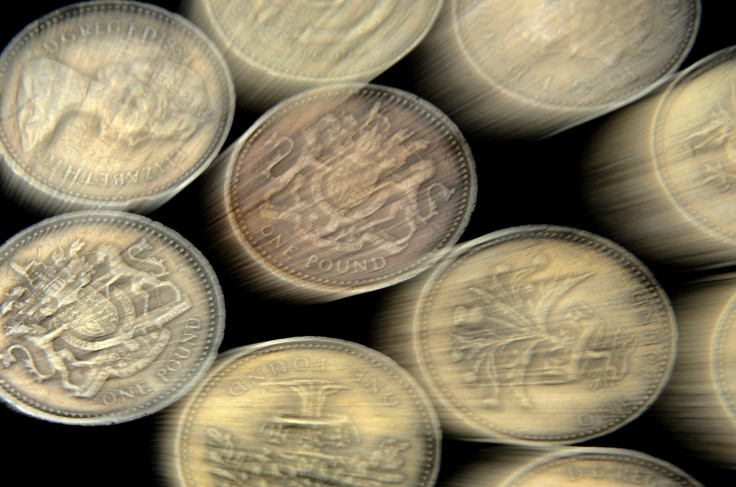One in every thirty £1 coins is a fake says Bank of England

In the last five years, nine million fake one pound coins have been discovered and taken out of general circulation by the Treasury.
The Bank of England believe there are almost 50 million counterfeit £1 coins currently being used by the general public.
Experts say that these coins are good enough to be used in vending machines and automated tills.
Industry specialists say it costs around 20p per coin to make a fake £1 coin. The bogus currency is then sold on the black market to distributors for around 70p each. A genuine pound coin is made from a copper, zinc and nickel alloy, while fakes use several different metals to mimic the colour and composition of authentic coinage.
Once a coin is found to be fake, it is rendered worthless and passing it on is an offence.
In a bid to combat the problem, the Government is to bring out a replacement for the £1 coin that will be more difficult to forge. The date of issue for the new coins is in 2017.
Designed by the Royal Mint, the currency will be made of two different metals, similar to the £2 coin and have a 12-sided shape.
A Treasury spokesperson told the Daily Mail: "These attributes together would make it the most secure circulating coin in the world.
"One of the government's key economic objectives is to maintain confidence in the currency, and by introducing a new £1 coin with state of the art security features, the Government aims to safeguard the integrity of the coinage for the future."
A British investigator said counterfeiters had so far struggled to make convincing £2 coins. He told the Daily Express: "You've always been able to tell a fake by dropping it on a table. They rattle because the two bits have not been stuck together properly."
It's calculated that it will cost around £100million to update all the automatic tills, parking meters and vending machines to take the new coins.
© Copyright IBTimes 2024. All rights reserved.







